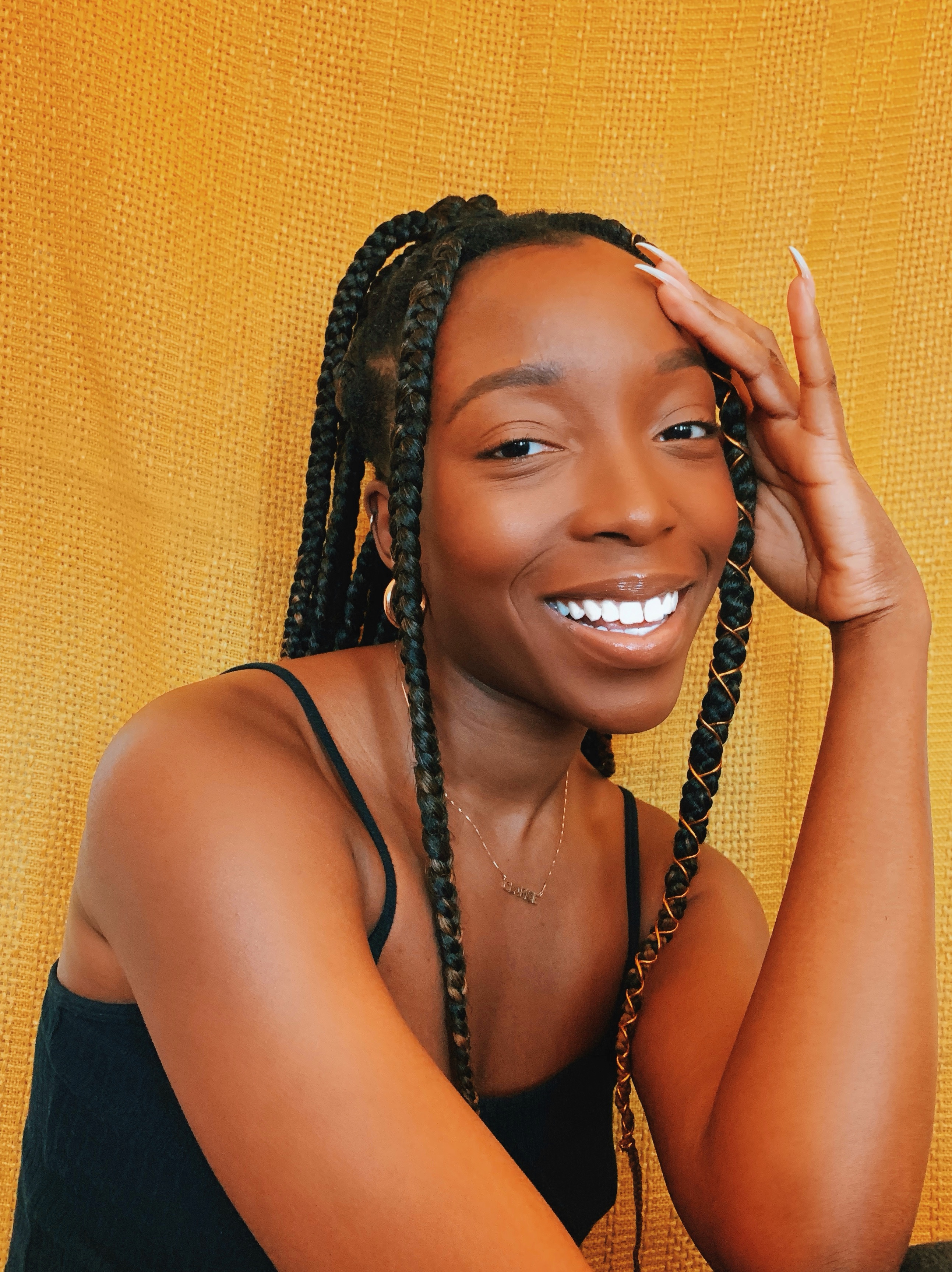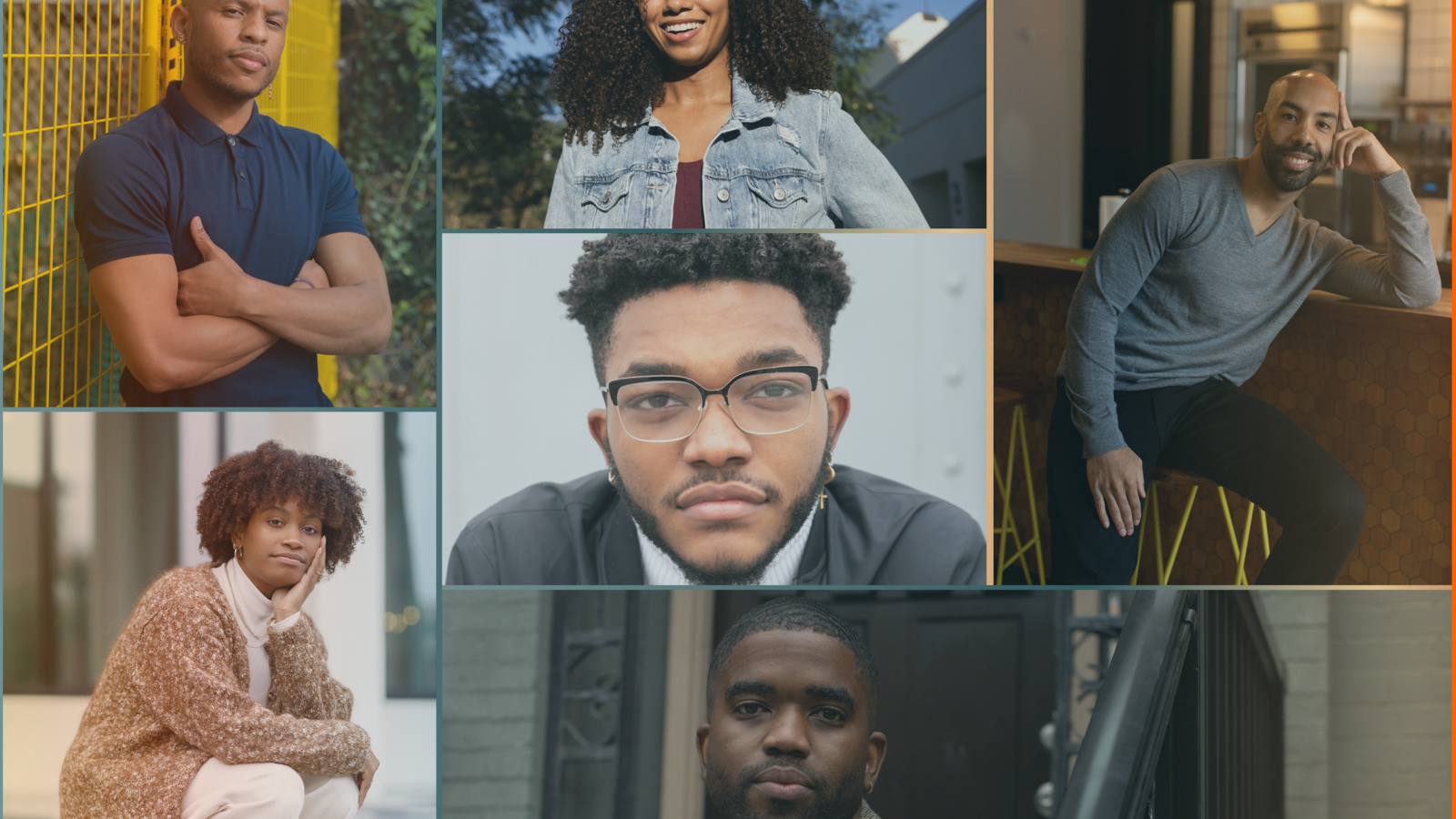When I was a senior at Howard University, a friend of mine died by suicide. I had no idea how much he was hurting, how alone he must have felt on his journey. The disbelief shook me to my core, and the feeling has been with me since. The idea of You Are Not Alone, the campaign I’m proud to have created and produced, has been with me since then.
At its core, You Are Not Alone is a tool to encourage open and vulnerable conversations surrounding mental health in the Black community. I’ve personally seen friends and family depict a wide range of attitudes toward mental health treatment, ranging from total acceptance to complete rejection. While the former is great, the latter prevents some Black people from seeking help. The fact of the matter is, while Black Americans are more likely to experience serious mental health problems than the general population, only one in three Black adults who need mental health care receive it.
The past year has fully exposed the cracks within the mental health system and its disproportionate impact on the Black community. Pair the cultural stigma surrounding mental health with the effects of the COVID-19 pandemic AND the trauma of seeing Black bodies slain on camera time and time again, and the everyday strain of being Black in America has only deepened. A seminal study in 2018 found that police killings of Black Americans are detrimental to the mental health of the Black community — something that seems obvious, but isn’t always proven in a measurable way. In that study, researchers estimate that police killings may cause an additional 5 million poor mental health days every year among Black Americans in the United States.
The bias and everyday racism Black Americans experience impacts job performance and sense of belonging at work, too. Of Black professionals, 38% feel that it’s “never acceptable” to openly talk about their experiences of discrimination, racism or bias — and that silence makes us more than twice as vulnerable to feelings of isolation and alienation in the workplace, according to a 2017 survey from the Center for Talent Innovation.
The sensitivity around discussing the Black experience has led to silence, and the silence is hurting us. In creating You Are Not Alone, I hope to play a small role in equipping my community with the resources we need to rethink our relationship with mental health; to normalize and promote positive conversations of mental health in our community; to learn actionable ways to prioritize our well-being, and spotlight mental health advocates who are doing this work on a daily basis.
I am so grateful for Salesforce and KPMG, our partners on this campaign, for believing in and supporting this work. I’m particularly thankful for the people who have seen and empowered me so early on in my career, including Arianna Huffington, Cristina Jones, Lars Bengston, Danny Shea, Marina Khidekel, and Kavita Lokchander.
You Are Not Alone has impacted me in a myriad of ways and it’s an honor to see it in the world. Your idea begins as a seed: you nurture it, defend it, evolve it — then after all that time, it’s finally here. The feeling is unreal.
Wherever you are, I hope you’re able to take one step — no matter how small — towards prioritizing your own mental well-being. And remember: You are never alone.


